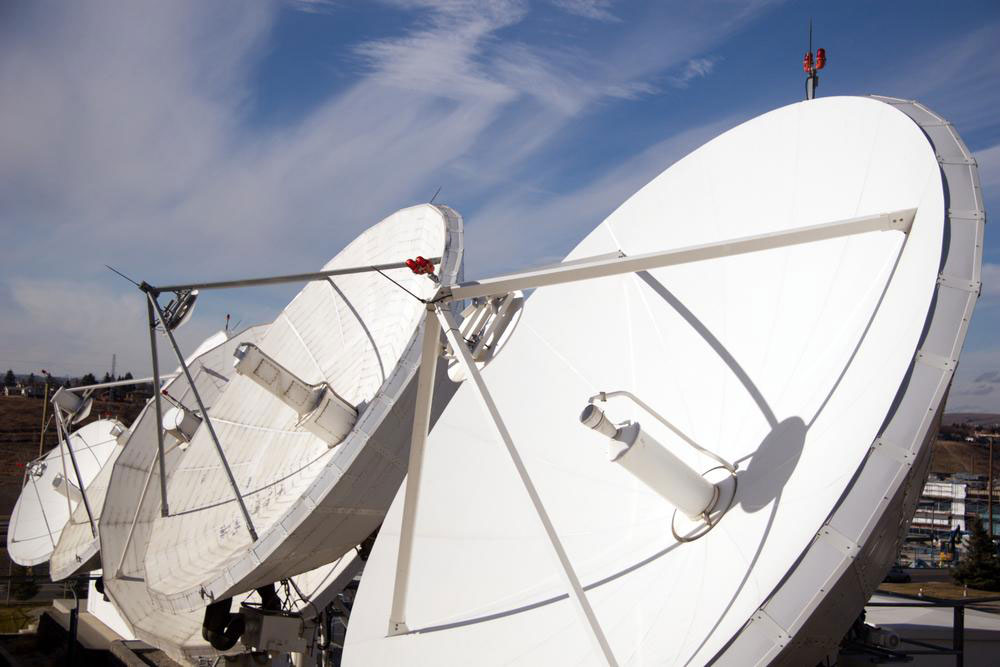Key Considerations When Choosing Satellite Internet Service
Choosing the right satellite internet service involves evaluating costs, latency, and data caps. Consider provider options like HughesNet and Viasat, understand contract terms, and assess suitability for your online activities. Awareness of limitations ensures better experience, especially in rural areas where satellite internet is vital. Proper research helps in selecting a plan that balances affordability and performance for your needs.

Key Considerations When Choosing Satellite Internet Service
Satellite internet options are limited, resulting in minimal competition within this sector. Despite the few providers available, it's vital to evaluate several factors before subscribing. Below are the primary aspects to consider:
Cost
Major providers like HughesNet and Viasat offer similar starting prices, typically around $50 per month for basic plans. However, the pricing for additional plans varies, and each company employs different sales strategies. Viasat customizes its plan offerings based on your location, which may differ between rural and urban areas. Conversely, HughesNet maintains uniform pricing nationwide, regardless of location. Be aware of early termination fees (ETF) if you decide to cancel early, often ranging from $10 to $20 monthly, which can accumulate significantly over time. Ensure you understand the contract duration—usually two years—before committing.
Latency Issues
Many users report dissatisfaction with satellite internet speeds. The main concern isn't bandwidth but latency—the delay in data travel time. High latency can hinder activities requiring constant data exchanges, even if the connection's speed is high. Satellite internet often suffers from elevated latency levels, making real-time applications like gaming or video conferencing challenging. It's essential to understand that latency, not speed, impacts your experience most significantly.
Data Limitations
Satellite internet plans typically include data caps, which restrict usage. Understanding these limits is crucial, especially for plans mentioning "anytime data," which allows unrestricted data use at any time. Some plans offer bonus data options, providing additional data during specific periods, usually at certain times of the day. Proper awareness of these caps helps avoid unexpected service disruptions or extra charges.
Satellite internet remains a popular choice for rural areas because it doesn't rely on DSL or cable infrastructure. Leading providers include HughesNet, Viasat, WildBlue, and EarthLink.
Note:
The information on our platform covers a broad spectrum of topics to inform and assist readers. While our research aims to provide accurate insights, it shouldn't be considered definitive. Users should verify details independently, as offers, schemes, and data may vary across sources. We disclaim responsibility for discrepancies or outdated information.










